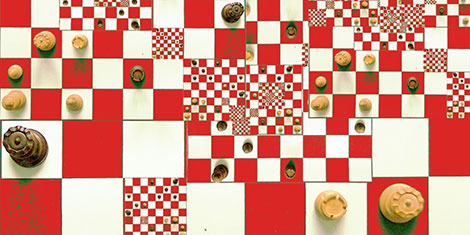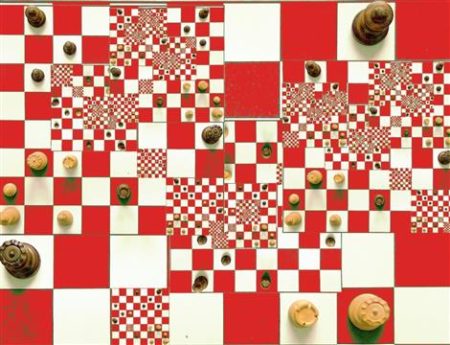
This article was originally published by E-International Relations (E-IR) on 8 May 2017.
Realism’s theoretical dominance in International Relations (IR) – especially its focus on the power of superpowers and its state-centric view of international society – has been challenged by the collapse of the Soviet Union and the global transformations characterising the post-Cold War era. One of those transformations is the way in which “states neither great nor small” are gaining increased recognition amid the disruptive multi-polarity of the current global disorder. Scholars such as Martin Wight and Carsten Holbraad, whose earlier writings about middle powers were overlooked in mainstream IR, are now acknowledged for their scholarly prescience. Bringing middle powers back into mainstream IR theorising is obviously overdue. There are two problems in the theorising of middle powers in contemporary IR scholarship that obscure their positioning and potential in post-Cold War international politics: (1) its intellectual history has been neglected; (2) “middle power” itself is a vague concept.

